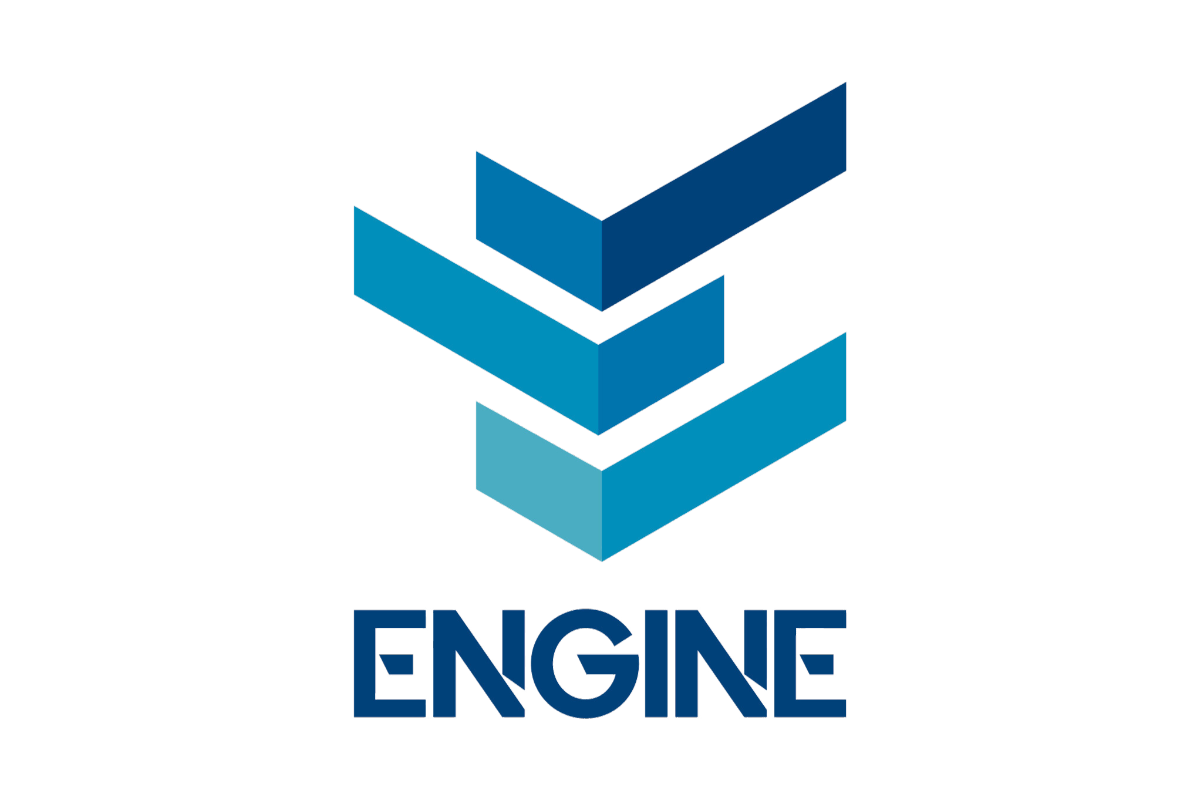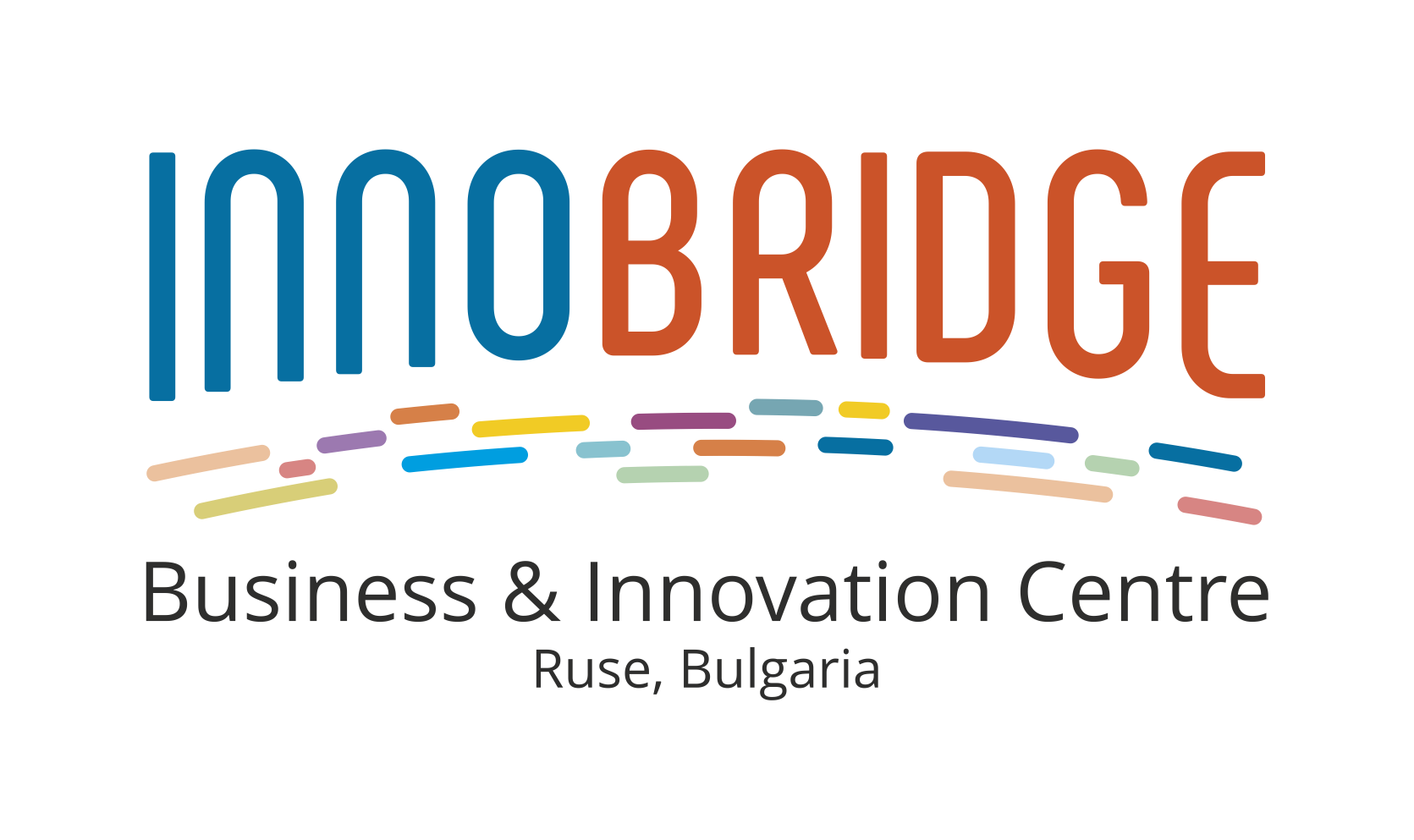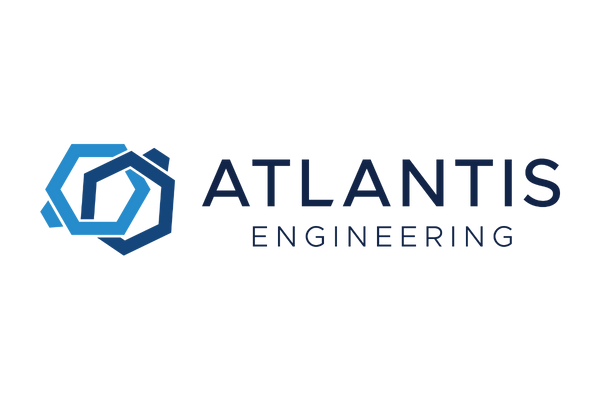- Erasmus+
ENGINE - Cyber Security for European SMEs
- Innovation and digital transformation
- |
- Vocational Education and Training (VET)

ID: 2020-1-DK01-KA202-075161
Duration: November 2, 2020 – November 1, 2022
Digital skills and cyber security are becoming more relevant every day. This is a result of global technological development and is also a means of tackling unemployment in the EU. The 2017 Tallinn Digital Summit sent a strong message about the need for digital skills and training: "To successfully build a digital Europe, the EU needs labor markets and training/education systems fit for the digital age: there is a need to empower people and ensure that no one is left behind." The ENGINE project takes up the spirit of the Tallinn Summit and supports the idea that "New revolutionary technologies are generating new business opportunities together with a major sectoral transformation in Europe ".
New technologies need skills at all levels to successfully put them into practice, fully exploit their potential and reap their benefits. In the current scenario, Europe needs to generate around 50,000 additional high-tech workers per year by 2025 (approximately 450,000 in total) (HIGH-TECH LEADERSHIP SKILLS FOR EUROPE – TOWARDS AGENDA FOR 2020 AND BEYOND EC 2017). They should be provided with adequate opportunities for education and vocational training, providing them with the necessary knowledge and experience. If Europe fails to foster the supply of these high-tech entrepreneurs and workers, it risks seriously missing out on innovation opportunities and leaving them to its competitors (Source: European Commission - Digital Single Market 2017).
Often, SMEs have not yet realized the importance of digital transformation for their business. For European businesses to compete, grow and create jobs, they need to ensure they have access to a large workforce that can drive high-tech innovation and the transformation of their businesses. For all these reasons, the goal of the ENGINE project is to train entrepreneurs, and employees of small and medium-sized enterprises on cybersecurity and blockchain technologies to promote the wave of European digital transformation.
Indeed, ENGINE will create personalized training taking into account the needs of the target group. The ENGINE training course will be hands-on, short and concise with a short learning cycle focused on raising awareness of cyber attacks and market opportunities through blockchain technology. It will focus on improving the capacity of people and companies to prevent, defend and respond to cyber-attacks and contribute to creating a safer digital Europe. In addition, the training will transfer the relevant knowledge and competencies needed to initiate and drive ICT-related innovation for SMEs in all sectors (e.g. blockchain).
GENERAL OBJECTIVE
The overall goal of the project is to increase the competitiveness of European SMEs by giving them the skills they need to defend themselves against cyber-attacks and explaining the use of blockchain technology. Nowadays, cyber risk management and assessment are considered the backbone of a secure IT environment, this project wants to improve the cyber security management skills of SMEs by filling gaps in SMEs and providing a comprehensive guide to mitigate cyber risks even in small and micro enterprises. The general objectives will be:
- Improving the capacity of SMEs to protect their systems from cyber-attacks;
- Addressing the current shortage of people capable of leading the innovation needed to increase the competitiveness of European companies;
- Seizing opportunities for innovation to make the best use of ICT, delivering value to European SMEs;
- Strengthening entrepreneurial and digital skills to foster new digital jobs in Europe.
SPECIFIC OBJECTIVES
SO1: Develop a cybersecurity and blockchain technology training course to raise awareness of digital dangers and the importance of adopting preventative measures in the work environment.
SO2: Guidelines on how to implement cybersecurity and blockchain in SMEs to increase competitiveness and innovation.
SO3: Create a knowledge transfer platform for the target that will be available online and open source so it will provide easy and practical training for the target and all stakeholders.
TARGET GROUPS
The ENGINE project targets SMEs (employees, business owners, entrepreneurs, and would-be entrepreneurs) and VET trainers/providers.
TRANSNATIONALITY
The mismatch between available and required skills for the digital transformation of the economy affects all Member States. There is strong agreement on the urgent need in the digital age for a joint European-wide effort to increase the supply of e-leadership skills across all industrial sectors and businesses. In a digital economy, employees, and entrepreneurs across Europe must have the competencies to grow and be connected to global digital markets. The project consortium believes that these types of goals cannot be met by a single country and require cooperation at the EU level.






